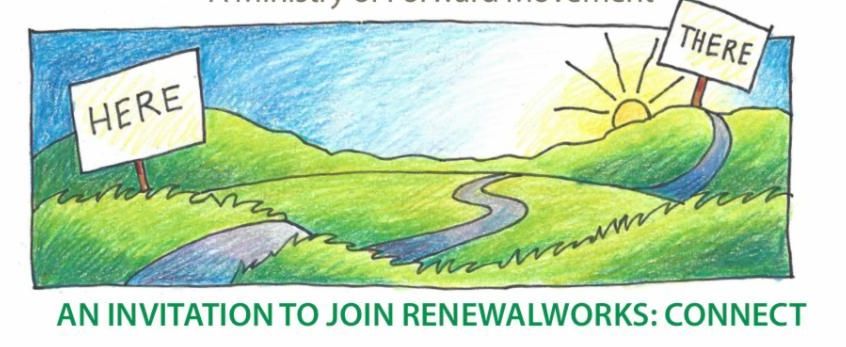
A Reading from the First Letter to the CorinthiansAccording to the grace of God given to me, like a skilled master builder I laid a foundation, and someone else is building on it. Each builder must choose with care how to build on it. For no one can lay any foundation other than the one that has been laid; that foundation is Jesus Christ.
A reading from the Gospel of MatthewJesus said, “Do not store up for yourselves treasures on earth, where moth and rust consume and where thieves break in and steal; but store up for yourselves treasures in heaven, where neither moth nor rust consumes and where thieves do not break in and steal. For where your treasure is, there your heart will be also.
Labor Day
Labor Day is one of the few secular holidays finding its way into the liturgical calendar (along with Independence Day and Thanksgiving). Prayers and readings have been chosen to help us think about our labor, our efforts, our work, our ministry in the place to which God has brought us.
We often say that praying shapes our believing. What we pray molds our attitudes. Prayers also guide our actions. In this time of considerable coincident crises, contending with threats to health, a depleted economy and urgent racial reckoning, the collect for Labor Day, included above, has a lot to say. We ask for guidance in the work we do. We ask to be made mindful of the rightful aspirations of other workers and to arouse our concern for those who are out of work. It says we’re in this together.
A political season can trigger (heated) debate about best ways to respond to the challenges we face. But the fact that Labor Day is a feast of the church, finding its place in the liturgical calendar, means that this is not simply a matter of politics. It’s something we do as part of the Jesus movement, part of the way of love. It’s something we do as people of faith, as disciples. That prompts a few questions to think about in the spare time provided on this holiday (not to mention time provided by sheltering in place).
First, the prayer notes that our lives are linked one with another. Whatever work we’re given to do, for pay or as volunteers, is meant for the common good. So let me ask: In what way do you see your life linked to all those who might be struggling these days, with issues of health or economics or race relations? Spend some quiet time asking God to show you that linkage. How will your efforts be dedicated to the common good?
Second, on this day, we hear a portion of a letter from St. Paul (again included above), writing to the Corinthian church. He compares their lives, as individuals and as a community, to a construction project. He talks about their labor in building. He asks them to think about the foundation on which they build. So let me ask: As you think about the life you are building, what’s the foundation? What does it mean to you to build on the foundation that is Jesus Christ? What about Jesus is foundational for you?
Finally, on this day, we’re invited to read an excerpt from the Sermon on the Mount (again, see above). Jesus challenges his listeners to think about what they value, what they treasure. In words that always make me stop and think, words we hear on Ash Wednesday, he tells them: Where your treasure is, there will your heart be also. That verse prompted one of the desert fathers to issue this related challenge: Do not give your heart to that which does not satisfy your heart. So let me ask: Where are you giving your heart these days? In the quiet of this Labor Day, think about what it is you treasure. What are the ways that we can treasure, we can value and honor the common good, the whole human family?
The times in which we live can drive us into isolated corners. The politics of the day encourage tribalism and division. It’s often hard to see the common good. Jesus calls us to another way, the way of love. How do you hear that call on this holiday, this holy day?
Contact: Rev. Jay Sidebotham jsidebotham@renewalworks.org
RenewalWorks is a ministry of Forward Movement www.renewalworks.org





